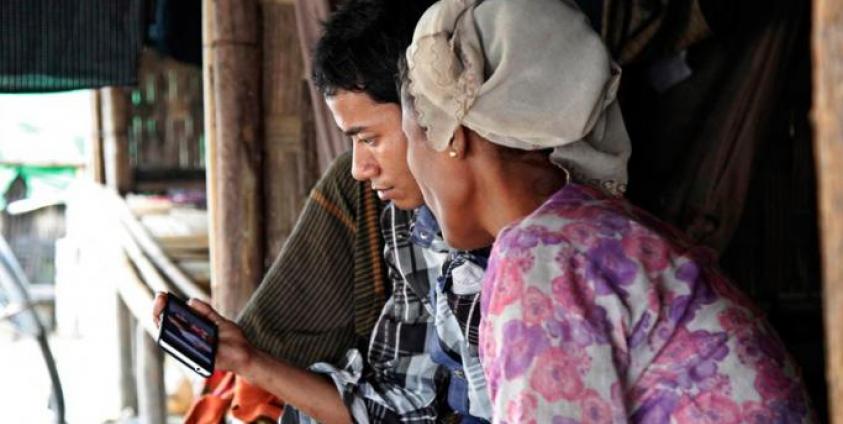The Myanmar government should immediately lift all internet restrictions in eight townships in Rakhine and Chin States, Human Rights Watch said.
The mobile internet shutdown, which began on June 21, 2019, is affecting more than a million people living in a conflict zone.
The internet shutdown, along with restrictions on access by aid agencies, has meant that people in some villages are unaware of the Covid-19 outbreak, humanitarian workers told Human Rights Watch. Local groups report that the shutdown has made it difficult to coordinate the distribution of aid to conflict-affected communities, and to communicate with their field teams to ensure staff safety. A local editor said the shutdown greatly impedes media coverage of the fighting between the Myanmar military and the ethnic Arakan Army, making it hard for villagers to get up-to-date information.
“Myanmar should immediately end what is now the world’s longest government-enforced internet shutdown,” said Linda Lakhdhir, Asia legal adviser at Human Rights Watch. “With armed conflict between the Myanmar military and Arakan Army in Rakhine State amid a pandemic, it’s critical for civilians to get the information needed to stay safe.”
The government first imposed restrictions on mobile internet communications in the townships of Buthidaung, Kyauktaw, Maungdaw, Minbya, Mrauk-U, Myebon, Ponnagyun, and Rathedaung in Rakhine State and Paletwa township in Chin State. The government temporarily lifted restrictions in five townships from September 2019 until February 2020, when they were reinstated. On May 2, the authorities lifted the restrictions in Maungdaw.
On June 12, the Ministry of Transportation and Communications announced the government would extend the internet shutdown until at least August 1 in the remaining eight townships, citing security concerns. “We will restore internet service if there are no more threats to the public or violations of the telecommunications law,” said Soe Thein, the ministry’s permanent secretary, at a media briefing.
Article 77 of Myanmar’s Telecommunications Law authorizes the Ministry of Transport and Communications to suspend a telecommunications service or restrict certain forms of communication during “an emergency” situation. The broadly worded law should be amended to bring it in line with international standards to protect freedom of expression, Human Rights Watch said.
Internet access plays a crucial role in enabling people to access information about Covid-19 and self-quarantine, and to observe other protocols to prevent the spread of the virus. A coalition of nongovernmental organizations has appealed to the World Health Organization (WHO) to urge Myanmar to end the internet shutdowns amid the pandemic. Intentionally shutting down or restricting access to the internet violates multiple rights in addition to freedom of expression, and undermines efforts to control the virus.
Aid groups told Human Rights Watch they feared that shortages of food and water were underreported in many villages in Chin and Rakhine States due to the communications blackout. They also said that in some communities, family members had not been able to send digital payments or contact friends and relatives in conflict areas. Since January 2019, hundreds of civilians have been killed and about 106,000 displaced by the fighting between the military and the Arakan Army.








